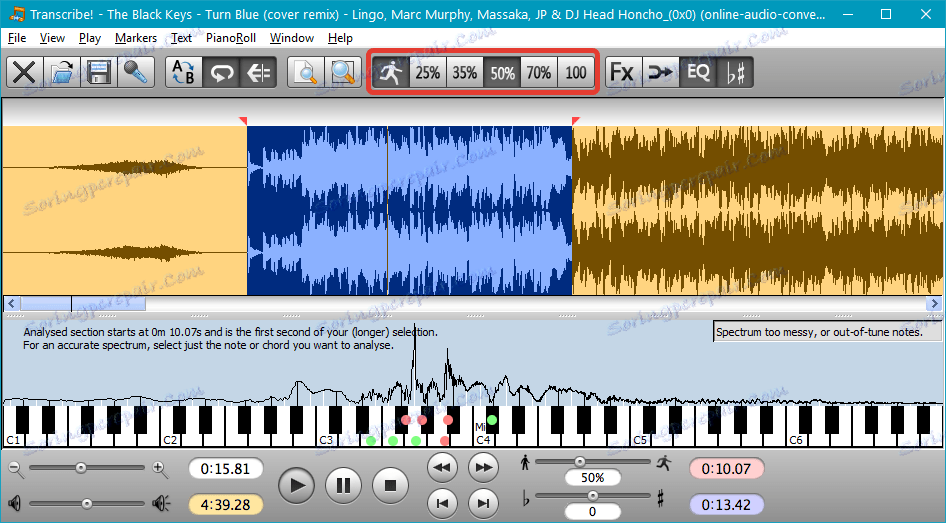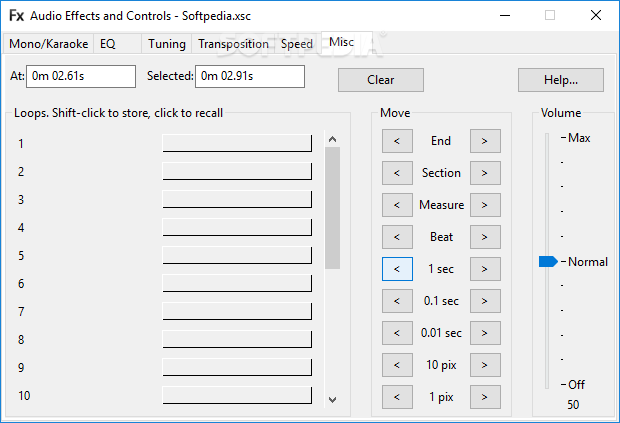


The multiple accessions of bacterial, fungal, nematode, and plant pectate lyase protein sequences were placed closely revealing a sequence level similarity. The phylogenetic tree constructed revealed different clusters based on different source organisms representing bacterial, fungal, plant, and nematode pectate lyases. In Silico Characterization of Pectate Lyase Protein Sequences from Different Source Organismsįull Text Available A total of 121 protein sequences of pectate lyases were subjected to homology search, multiple sequence alignment, phylogenetic tree construction, and motif analysis. Conclusion The two different methods and comparison presented here would be highly valuable in obtaining an ideal enzyme for the downstream experiments, and supply an useful alternative to purify some insoluble recombinant proteins. Purified PCPEL2 expressed by the pMAL system was crystallized by the hanging-drop vapour-diffusion method at 289 K, and initial crystals were grown. In addition, some other characteristics of the purified PCPEL2 differed from the two systems, such as crystallographic features. The purity, specific activity and pathogenicity of the purified PCPEL2 expressed by the pMAL system were higher than the purified PCPEL2 expressed by the pET system. The expressed products were purified using affinity chromatography and gel filtration chromatography. Pcpel2 was constructed by pET system and pMAL system, and both constructs were used to express the PCPEL2 in Escherichia coli BL21 (DE3 pLysS. Results We cloned a new pectate lyase gene (Pcpel2 from Phytophthora capsici. The production of a large-scale soluble recombinant PEL would allow not only a more detailed structural and functional characterization of this enzyme but also may have important applications in the food industry. Most of the PELs were expressed as soluble recombinant proteins, while a few recombinant proteins were insoluble. Comparison of expression, purification and characterization of a new pectate lyase from Phytophthora capsici using two different methodsĭirectory of Open Access Journals (Sweden)įull Text Available Abstract Background Pectate lyases (PELs play an important role in the infection process of plant pathogens and also have a commercial significance in industrial applications.


 0 kommentar(er)
0 kommentar(er)
